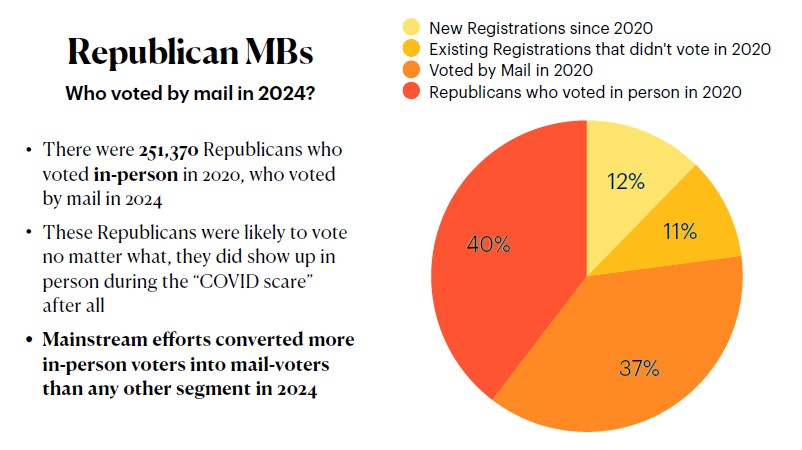We All Want to Win. That's Why This Conversation Can't Be Ignored
Topic: Political Perspective and Election Integrity
The uproar that began with Brandon Straka’s video on Sunday night — where he publicly took a stand against Scott Presler — isn’t about personal drama for me. And it’s not even about Brandon’s individual journey with Scott, though I appreciate him speaking out.
Here’s why it matters to me: this is about a serious strategic flaw that may be costing us critical elections. Let’s unpack it from a pure election integrity perspective… no drama.
I’ve heard this a lot over the last couple of days.
You need to drop this thing with Scott Presler. It’s petty infighting, and it's going to cost us more elections. Why are you causing this division in the movement?
And honestly? After having some time to reflect on all of this, I get why people feel that way. Scott has inspired many people to get involved and over the years he’s worked tirelessly to register voters. There are plenty of people speaking out on his behalf in that regard, and I’m not here to tear that down.
But if you’ve been in the election integrity trenches with us since 2020, you’ve seen patterns emerge that demand our attention—because they’re being used against us. And that's what people outside of the election integrity trenches need to understand.
This isn’t personal. It’s strategic. And it’s urgent.
What EVA Gets Right—and Where It’s Risky
Early Vote Action (EVA) is registering Republican voters. That’s good—we need more people engaged. But the process doesn’t stop there.
They also help new registrants apply for mail-in ballots if voters say they might not vote in person every election.
And that part? That’s a problem.
Why Mail-In Ballots Are a Vulnerability
Once someone applies for a mail-in ballot, their information goes on a list. That list is available publicly—and it can be bought.
It often is—by large left-wing NGOs who use it to hyper-target low-propensity Republican voters with propaganda.
And it’s working.
See what happened in the 36th Senatorial District special election:
Over 5000 Republican ballots were mailed and returned, but a significant number did not translate into Republican votes. The same story played out in 2022 with Mastriano and Oz—and now again in 2025 in Lancaster.
Watch this 4 minute video for further clarification:
https://x.com/Auditthevotepa/status/1906378331487969471
Was Trump’s Win in 2024 Thanks to Early Voting? Not Really.
Some are saying Trump won because of mail-in ballots in 2024. But that’s not what the data shows.
Take a look:
Only 12% of Republican mail-in voters in 2024 were new registrations.
That’s around 20,000 voters.
Trump’s margin of victory was over 100,000 votes.
So let’s be honest: he didn’t need those 20,000 mail voters to win.
In fact, 40% of GOP mail-in voters in 2024 had voted in person in 2020—even during the COVID scare.
The takeaway?
Mainstream efforts converted in-person voters into mail voters.
That’s a net loss in terms of ballot security.
This Isn’t About Division. It’s About Smarter Strategy.
I’m not saying EVA’s team isn’t well-intentioned. I know some of them personally, and they’re good, hard working conservatives who want the same thing that we do… honest and secure elections. I’m saying we need to re-evaluate this tactic before it undoes everything we’ve fought for over the past four years.
Mail-in ballots are the weakest link.
The data shows it’s costing us.
And there’s a better way.
Let’s Have the Conversation—Not Cancel It
Some questions worth asking:
Why are we blocked or silenced for raising strategic concerns?
Why can’t we work together and discuss disagreements?
Can we unify around truth—even when it’s uncomfortable?
Join Me Live for a Deeper Dive
TOMORROW at 9PM ET, I’ll break all of this down on the Audit The Vote Podcast.
We’ll go over the data, respond to honest questions, and propose solutions—not just critiques.
www.youtube.com/@AuditTheVote
Follow us on X for real-time election insights, data drops, and behind-the-scenes activism you won’t see anywhere else:
@AuditTheVotePA






